Let’s talk about how you can get your Printable Weekly Reflections in the Montessori Curriculum and why you should use it.
We’re here to talk about weekly reflections so you can become a better Guide, but let’s not stop there.
Maria Montessori, the founder of the Montessori Method, was always encouraging Montessori teachers to pay attention to several important things:
- how children learn
- how the educational program is running in their environment
- and other aspects of their students’ lives
If you want to have excellent Montessori classrooms, provide high-quality Montessori activities, and target the critical developmental periods in children’s lives, you must take time to reflect.
Come learn how you can use this printable form to get your Montessori environment set up correctly, to learn what is working and what needs to be changed, and other useful information about Montessori.
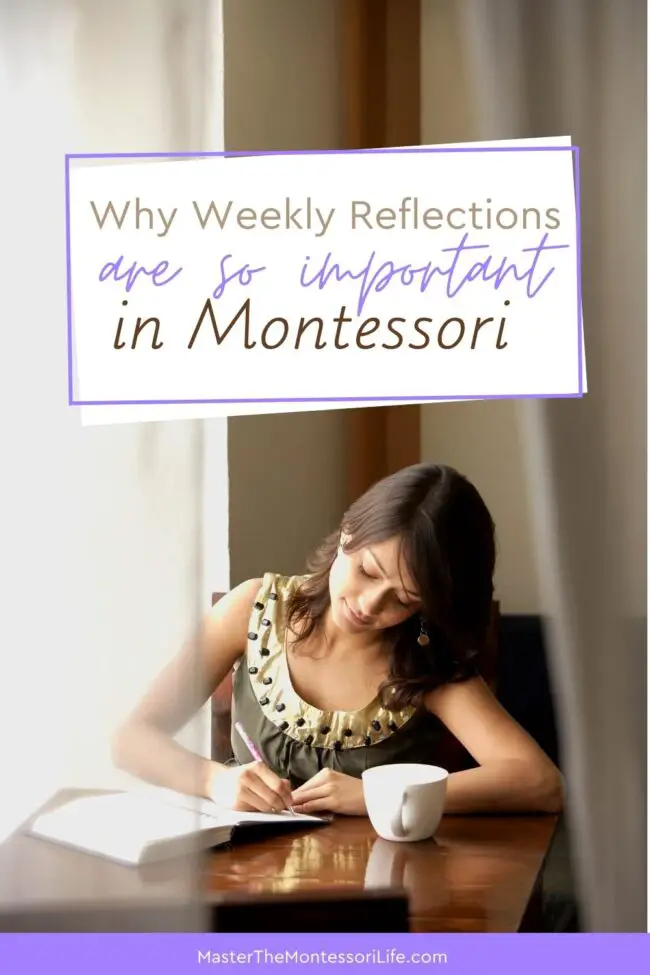
You will be on your way to watch young children working with joy, curiosity, interest and confidence!
Let’s talk about how you can get your Printable Weekly Reflections in the Montessori Curriculum and why you should use it.
This practice is a lot more important than you know!
Watch & Listen to the Episode Here:
As you watch or listen to this training, know that you will be able to get more information than what is included in this blog post.
However, I really want to encourage you to take the time to watch or listen and take notes.
Importantly, this will be helpful to you now and in the future.
#1 It Brings Awareness
Take some time to reflect on the good things that happens during your Montessori week.
Take note of what worked and what didn’t work.
You will benefit from this activity whether you are practicing Montessori at home or working as a Montessori Guide in a Montessori school.
It is critical to maintain a positive attitude because you want to feel as though you were successful in some way.
Don’t be too hard on yourself if it takes a while to come up with something positive that happened during the week (some weeks might just feel like this).
This reflections form will assist you in making the right decision at the right time.
This form will help you stay on track, see your week at a glance, and see the big picture more clearly.
When it comes to developing your strategy, this reflections sheet will prove to be invaluable!
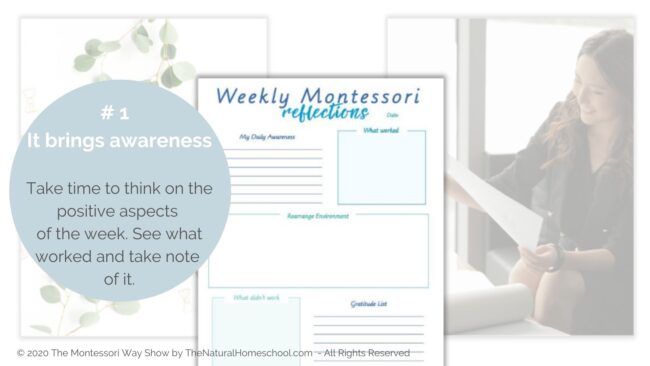
#2 It Exposes Faults
Take some time to reflect on the aspects of the event that did not go as planned and the changes that should be implemented.
Is it possible that you are not putting the proper Montessori materials out?
Is it because the children are uninterested?
Are the materials too simple or too difficult to work with?
All of these questions will assist you in reflecting on what is going wrong in your life during the course of your weeks.
Don’t spend your entire time thinking about the negative.
But, of course, you want to remain open to seeing and acknowledging what went wrong so that you can devise a strategy for correcting the situation.
Week after week, as you fill out the weekly Montessori reflections sheet with your observations, you will begin to see and notice patterns in the things you do that aren’t working.
You can now identify and break negative patterns that have formed in your life!
You can then create a more effective pattern and a more effective plan.
Does that make sense?
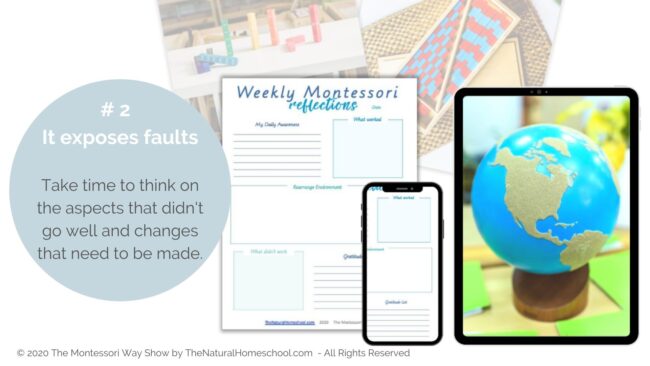
#3 It’s a Reminder
The simple truth is that gratitude is easily forgotten, and this is a sad fact of life.
When planning Montessori, we must go beyond early childhood education, behavior and work habits in the prepared environment.
We are so prone to overlooking what we desperately want to instill in our children and students!
This printable weekly Montessori reflections sheet will serve as a helpful reminder of what is truly important in our lives each week.
It will make your Montessori education professional development more advantageous, down to earth and helpful.
And as a result, your lesson plans will take child development, including the absorbent mind into consideration.
As the child works on Practical Life, include gratitude, grace and courtesy.
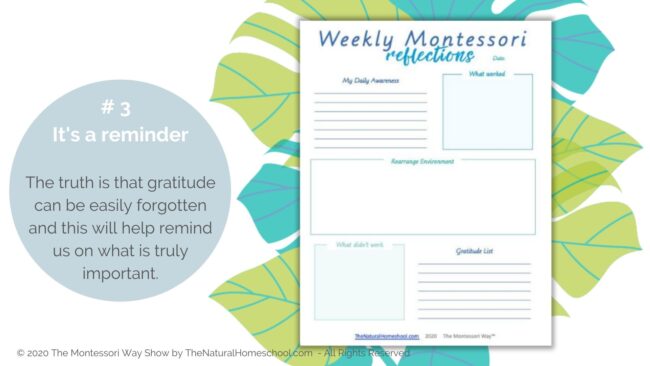
Montessori Reflections
Make several copies of these forms and put them in a binder.
Don’t forget to be consistent, so, from the very beginning, plan for a time when you can take a few minutes and make it doable!
Or make them a weekly reflections booklet by stapling the pages along the left side.
These will work for those Montessori Guides in schools and also for Montessori homeschool.
Enter your name and email below and then check your email inbox for the PDF download!
You might also like:
- Introduce Hibernation, Migration and Adaptation to Children
 When you introduce your children to the concepts of hibernation, migration and adaptation, you will love to learn how they find food, which ones follow each of these survival techniques and so much more.
When you introduce your children to the concepts of hibernation, migration and adaptation, you will love to learn how they find food, which ones follow each of these survival techniques and so much more. - Montessori Farm Sensory Bin: Hands-On Learning
 A Montessori farm sensory bin is simple to assemble, rooted in purposeful work, and designed to invite deep exploration.
A Montessori farm sensory bin is simple to assemble, rooted in purposeful work, and designed to invite deep exploration. - Tips to incorporate Fall into your Montessori environment
 Come and find out how you can highlight and celebrate Fall in your Montessori environment without stressing out about it.
Come and find out how you can highlight and celebrate Fall in your Montessori environment without stressing out about it. - Hands-On Fun: 3 Montessori Practical Life Activities for Fall
 These simple Montessori Practical Life activities for Fall are easy to do anytime you have the materials ready.
These simple Montessori Practical Life activities for Fall are easy to do anytime you have the materials ready. - Embracing Autumn: A Montessori Guide to Fall Fun
 Spread the loveThe arrival of autumn brings a special kind of magic. The air turns crisp and leaves paint the…
Spread the loveThe arrival of autumn brings a special kind of magic. The air turns crisp and leaves paint the… - Montessori Toddler Essentials
 The Montessori method offers a pathway with a series of Montessori toddler essentials that you will find helpful.
The Montessori method offers a pathway with a series of Montessori toddler essentials that you will find helpful.

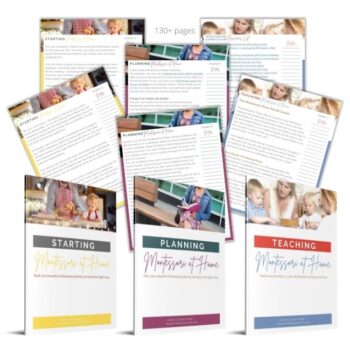
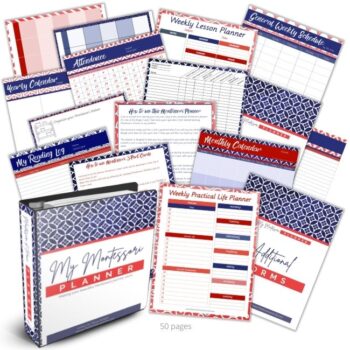
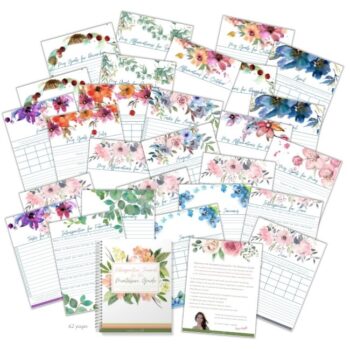




Leave a Reply